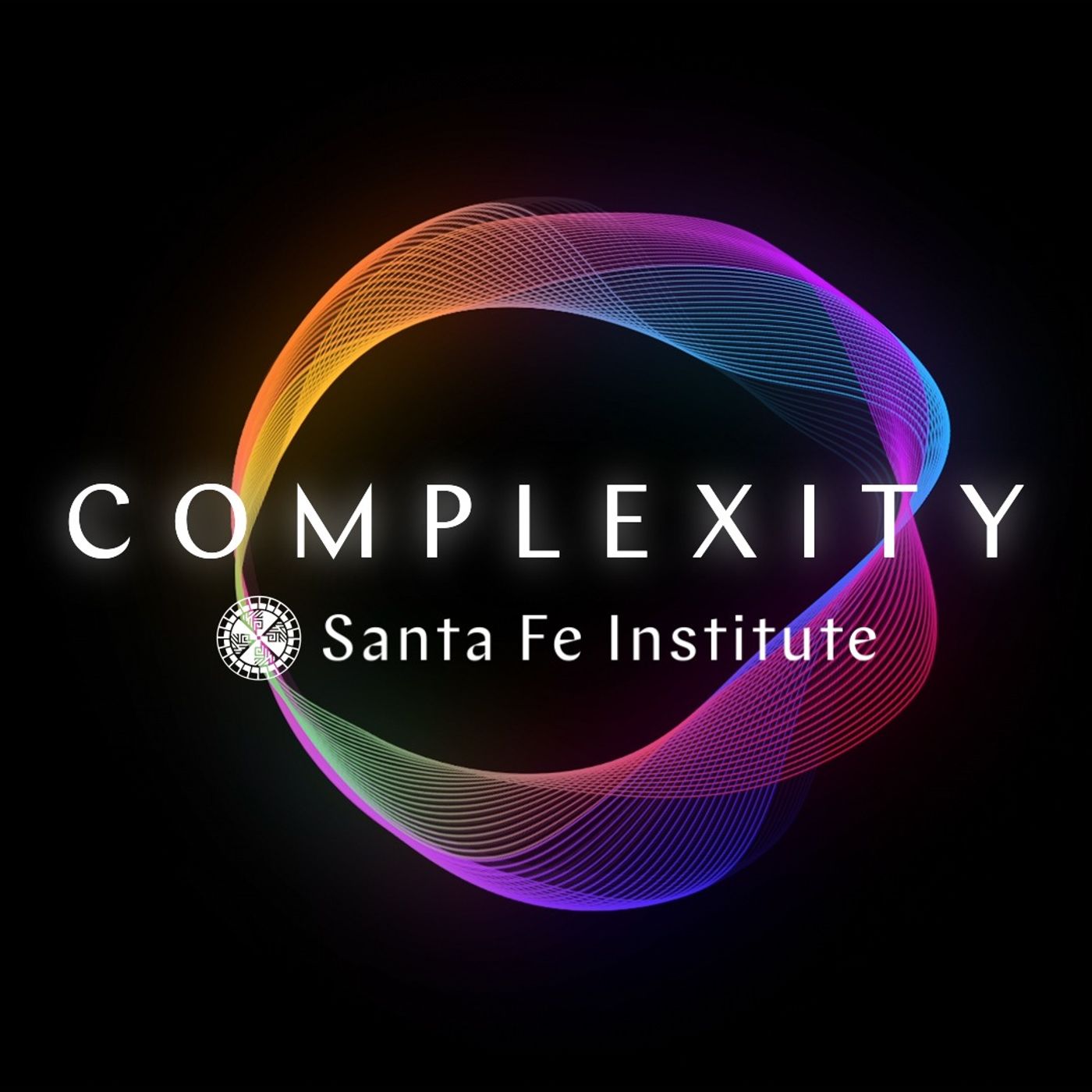W. Brian Arthur (Part 2) on The Future of The Economy
Description
If the economy is better understood as an evolving system, an out-of-equilibrium ecology composed of agents that adapt to one another’s strategies, how does this change the way we think about our future? By drawing new analogies between technology and life, and studying how tools evolve by building on and recombining what has come before, what does this tell us about economics as a sub-process of our self-organizing biosphere? Over the last forty years, previously siloed scientific disciplines have come together with new data-driven methods to trace the outlines of a unifying economic theory, and allow us to design new human systems that anticipate the planet-wide disruptions of our rapidly accelerating age. New stories need to be articulated, ones that start earlier than human history, and in which societies work better when engineered in service to the laws of physics and biology they ultimately follow…
This week’s guest is W. Brian Arthur, External Professor at the Santa Fe Institute, Fellow at the Center for Advanced Study in the Behavioral Sciences at Stanford, and Visiting Researcher at Xerox PARC. In this second part of our two-episode conversation, we discuss technology as seen through the lens of evolutionary biology, and how he foresees the future of the economy as our labor market and financial systems are increasingly devoured by artificial intelligence.
If you enjoy this podcast, please help us reach a wider audience by leaving a review at Apple Podcasts, or by sharing the show on social media. Thank you for listening!
Visit our website for more information or to support our science and communication efforts.
Join our Facebook discussion group to meet like minds and talk about each episode.
Podcast Theme Music by Mitch Mignano.
Follow us on social media:
Twitter • YouTube • Facebook • Instagram • LinkedIn
“Where is technology taking the economy?” in McKinsey, 2017.
The Nature of Technology: What It Is and How It Evolves.
“Punctuated equilibria: the tempo and mode of evolution reconsidered” by Gould & Eldredge.
"A natural bias for simplicity" by Mark Buchanan in Nature Physics.
"Economic Possibilities for our Grandchildren" by John Maynard Keynes.

























